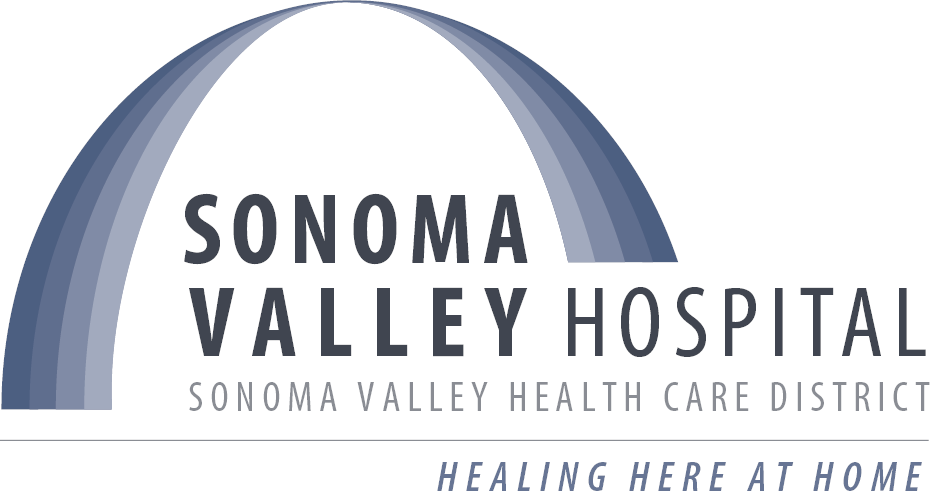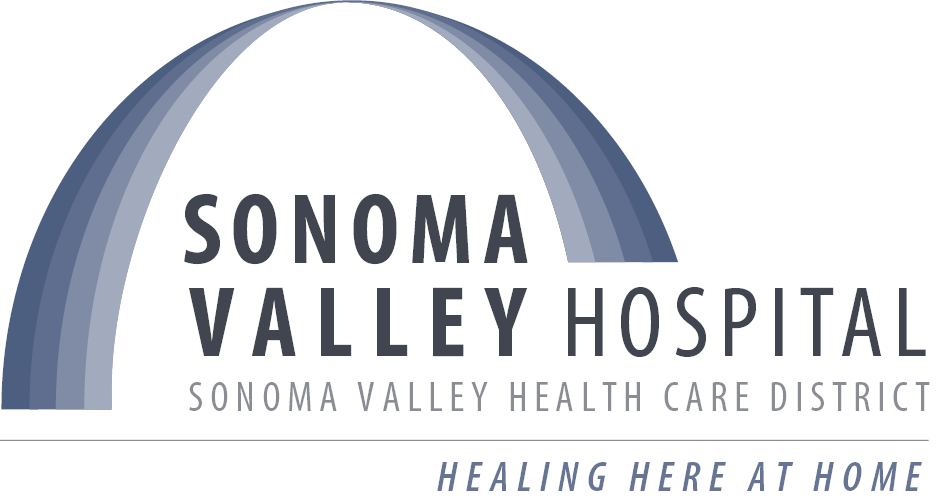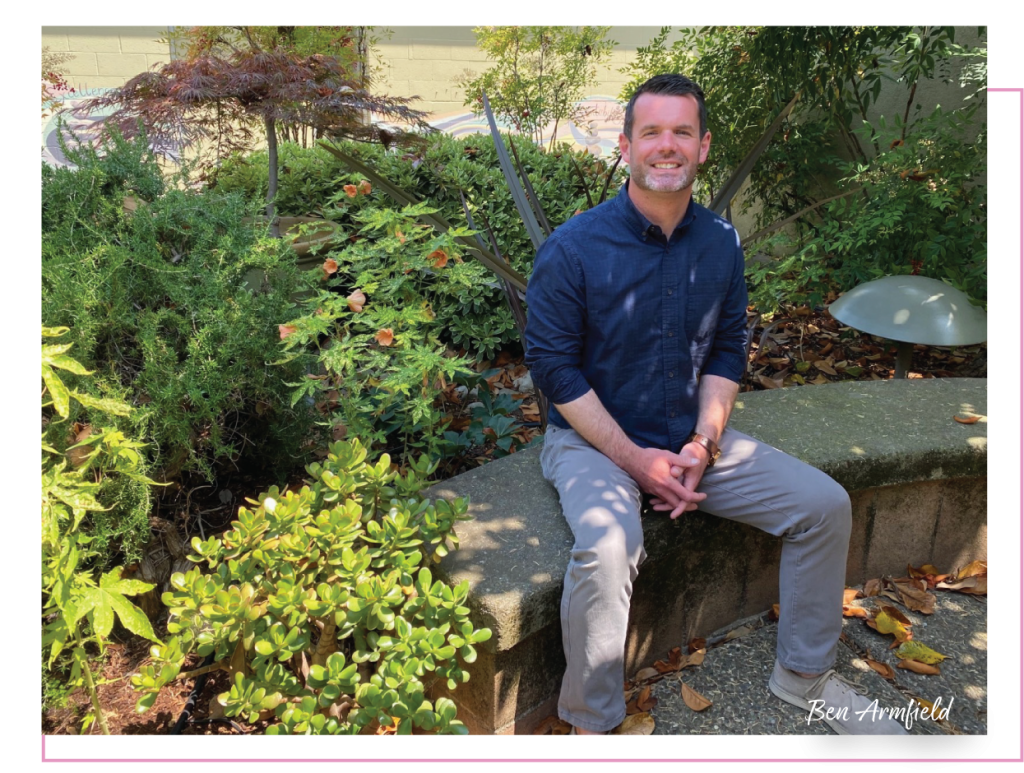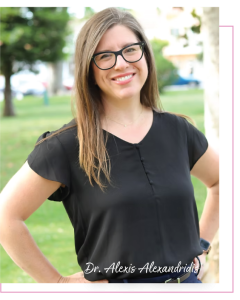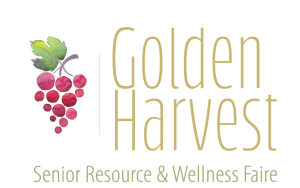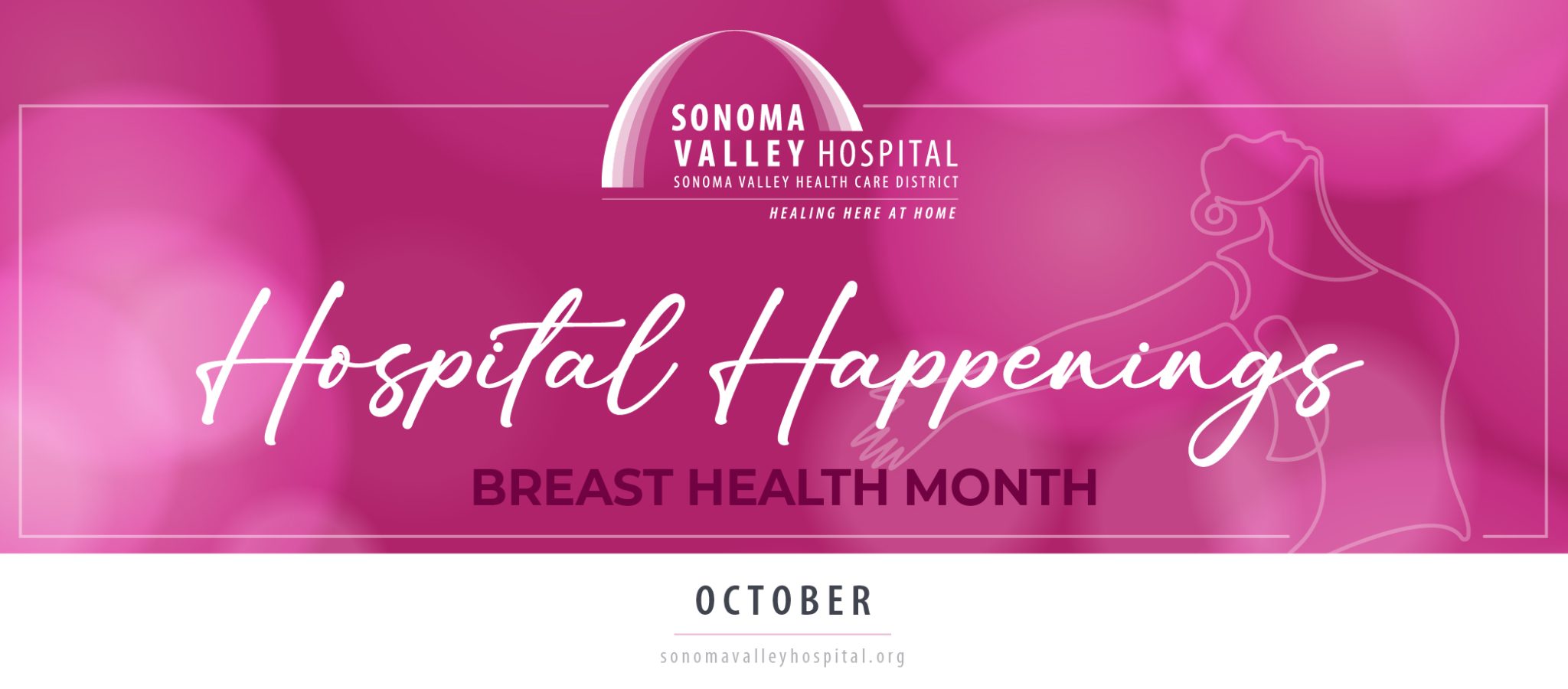
A Message from Interim CEO Ben Armfield
A Season of Awareness and Action
October is Breast Health Month, a time to reflect on how far we’ve come in prevention, diagnosis, and treatment—and to recommit ourselves to supporting women’s health across every stage of life.
At Sonoma Valley Hospital, we’re proud to offer leading-edge imaging technology, expert surgical care, and personalized wellness programs designed to help our patients live healthy, fulfilling lives close to home. From 3D digital mammography and our new 3T MRI to our Active Aging Series, we continue to invest in innovation and education that empower our community to take charge of their health.
This month’s Hospital Happenings also includes an Ask The Expert feature with Dr. Alexis Alexandridis, a breast and general surgeon at SVH, who shares her insights on screening guidelines, advances in imaging, and practical steps women can take to support their breast health. Her thoughtful perspective reminds us that early detection—and a compassionate, informed approach to care—can make all the difference.
As always, we celebrate the dedicated clinicians, imaging technologists, volunteers, and community partners who bring this work to life every day. Together, we’re building a healthier, more connected Sonoma Valley.
Warmly,
Ben Armfield
CFO / Interim CEO
Sonoma Valley Hospital
Ask The Expert: Dr. Alexis Alexandridis on Breast Health
This month, we sit down with Dr. Alexis Alexandridis, breast and general surgeon at Sonoma Valley Hospital, to talk about what every woman should know about breast health. From updated screening guidelines and the benefits of advanced imaging like the 3T MRI to practical tips for reducing anxiety around mammograms—Dr. Alexandridis offers expert advice for staying proactive and confident about your care.
This month, we sit down with Dr. Alexis Alexandridis, breast and general surgeon at Sonoma Valley Hospital, to talk about what every woman should know about breast health. From updated screening guidelines and the benefits of advanced imaging like the 3T MRI to practical tips for reducing anxiety around mammograms—Dr. Alexandridis offers expert advice for staying proactive and confident about your care.
Q: Dr. Alexandridis, can you reintroduce yourself to our readers?
I initially opened my solo private practice on Perkins Street in October 2017. Between fires, pandemics, and exponential growth in volumes, I found that I needed more administrative support to be able to serve my patients effectively, and so I joined Sonoma Valley Specialty Clinics in June 2024. My office is now located inside of the main hospital campus. This move has allowed me to focus exclusively on patient care. I am currently the only full-time general surgeon in Sonoma and I provide endoscopy/colonoscopy services for patients across the county.
Q: Breast cancer screening guidelines sometimes change — what should women know today about when to start screening and how often?
Breast cancer screening guidelines are a constantly moving target and the best answer is really to talk with your physician about your personal risk-and your risk tolerance- and come up with a personalized screening plan. For example, there are well-studied data-validated guidelines for breast cancer screening in people with significantly elevated risk. If you aren’t at elevated risk, you won’t see benefit from overly aggressive screening for breast cancer, and you might actually experience harm. Conversely, if you don’t know that you have a highly elevated risk, you might be missing out on screening opportunities that could help save your life. Like most things, there isn’t a one size fits all approach. At the very least, start getting serious about breast cancer screening by age 40. On the other end of the age spectrum, there also comes a time to stop the routine screening for breast cancer…and this is another personalized decision to be made with your physician.
Q: How does having advanced imaging, like the 3T MRI, improve care for your patients?
Having access to high quality advanced imaging right in town has been an absolute game changer for many of my patients. For example, people who may be eligible or recommended to have an annual MRI in addition to their annual mammogram for high-risk breast cancer screening can now get this study done locally. Other patients who may have already been diagnosed with a breast cancer would benefit from a preoperative MRI and again this can be done locally. When I started practicing in Sonoma, we were not doing breast MRIs and having to travel outside of the valley to get those studies could be quite onerous.
Q: What simple steps can women take to support their breast health beyond mammograms?
The first step is understanding that screening mammograms and MRIs are just a screening tool. Having a mammogram does not increase or decrease your risk of developing a cancer: It really just helps identify the presence of a potential cancer. To actually support your breast health you have to evaluate and potentially modify your “risk factors.” Now certain risk factors are not modifiable: For example, you cannot change your family or your genetics or what you were exposed to as a child or a younger person. But you can modify things like your weight, your level of physical activity and exercise, your alcohol consumption, your exposure to tobacco, and your diet. One of the most effective things you can do is to increase your physical activity. Something as simple as regular exercise (which is usually defined as at least 150 minutes/week of moderate intensity exercise or 75 minutes per week of vigorous exercise) has been shown to decrease the risk of breast cancer (Exercise after a breast cancer diagnosis can also lower your risk of death from breast cancer by up to 50%!) Another effective way to reduce your risk is to limit alcohol intake: Less than 1 drink a day for women, but preferably none.
Q: What advice do you give women who feel nervous about scheduling a screening?
Knowledge is power in this situation. We have tools, perhaps imperfect, but pretty effective nonetheless, to screen for a variety of common potentially dangerous diseases: breast cancer, colon cancer, cardiovascular disease, among others. Why not use these tools to your advantage? Why wait for a disease to perhaps become uncurable when there is an opportunity to intervene before any major harm is done? With breast cancer, early diagnosis is associated with a significantly higher change of survival. If that’s not enough motivation, make a deal with your (also nervous) bestie to get your screening mammograms done on the same day and then treat yourselves to a nice brisk walk around the Plaza to celebrate!
Imaging & Diagnostic Innovations
At Sonoma Valley Hospital, advanced imaging technology plays a vital role in supporting women’s health and early detection. Our 3D digital mammography provides clearer, more detailed breast images—allowing radiologists to detect small abnormalities earlier and with greater accuracy. This innovation reduces false positives and the need for additional testing, giving patients peace of mind and timely answers.
Beyond mammography, we offer a full range of diagnostic imaging services including MRI, ultrasound, and bone density (DEXA) scanning—all performed with state-of-the-art equipment and interpreted by skilled radiologists. It’s precise, compassionate care—right here close to home.
Learn more at sonomavalleyhospital.org.
Active Aging: Wellness
Active Aging: Wellness
This September, Sonoma Valley Hospital partnered with Vintage House to present the annual Active Aging Wellness series —a four-part program focused on wellness, vitality, and quality of life at every age.
Each weekly session featured local health experts discussing topics that matter most as we age, from emotional resilience and healthy sleep to whole-person wellness.
Two of the presentations—“Whole-Person Wellness: Aging with Strength, Grace & Connection” by Danielly Rocha-Lanter of Danielly’s Fitness, and “Sleep and Weight Management”by Dr. Rafael Sepulveda of Sleep Fit Medical—are now available to watch on SonomaTV.org.
These sessions remind us that the choices we make each day have a powerful impact on how well we age. Staying active, getting enough quality sleep, and nurturing both body and mind are simple steps that make a lasting difference in our health, mood, and independence.
See below for key takeaways from the presentation on movement and sleep.
The Power of Movement
Regular exercise not only improves daily function and flexibility but also helps reduce the risk of chronic disease and keeps your healthy for years to come. Staying active supports heart health, slows the progression of age-related conditions, and enhances overall quality of life.
Exercise is also one of the most effective ways to lift your mood. One in five seniors experiences depression, yet regular physical activity can help reduce symptoms of depression and anxiety by releasing “happy hormones” that boost energy, confidence, and well-being.
Movement and rest work hand in hand. Just as regular exercise strengthens our muscles and lifts our mood, quality sleep restores our body, balances hormones, and helps maintain a healthy weight. Together, they form the foundation of whole-person wellness—supporting both physical vitality and emotional resilience.
Sleep and Weight Management
Dr. Rafael Sepulveda, Sleep Fit Medical
Sleep and weight are more connected than most of us realize. When we carry excess body weight, it can affect how well—and how deeply—we sleep. Sleep apnea and related disturbances cause frequent awakenings, delaying rest and reducing restorative deep sleep.
Poor sleep also disrupts the hormones that control hunger and satiety, leading to increased cravings for high-calorie foods and decreased motivation for physical activity. It’s a cycle that can impact both physical and emotional health.
If you often wake feeling tired, snore regularly, or find it difficult to get out of bed in the morning, talk with your provider. Improving sleep quality—through lifestyle changes or treatment—can have a profound effect on energy, weight management, and overall well-being.
Sonoma Valley Hospital’s Project Pink offers no-cost mammogram screenings for uninsured and underinsured women aged 40 and older. Early detection saves lives—to learn more please call 707.935.5000.
Learn more about women’s health services at:
www.sonomavalleyhospital.org/womenshealth
Join Us: Golden Harvest Senior Resource & Wellness Fair
Cosponsored by Cogir Sonoma Plaza, Vintage House, Sonoma Community Center
October 11, 2025, 10am – 2pm at the Sonoma Community Center
Join us for the 2nd Annual Golden Harvest Senior Wellness and Resource Faire, featuring local organizations offering valuable resources for older adults and their caregivers. Whether you’re looking for caregiver support, housing options, or health and wellness services, this fair has something for everyone.
Questions? Email community@sonomavalleyhospital.org or call 707.935.5257
My Hospital Stories: Jim’s Path to Recovery
Have you seen our My Hospital Campaign in partnership with the Sonoma Valley Hospital Foundation? This month, we’re featuring Jim’s Journey.
Jim has called Sonoma home for more than 30 years. He and his wife have built their life together here, blending families and embracing the rhythms of small-town living where neighbors know each other by name. His connection to Sonoma Valley Hospital runs deep too — his son was born here in 1996, making the hospital part of his family’s story long before his own surgery.
A familiar face in the community, Jim is the owner of CaféMac, where locals and businesses alike turn for computer and technology support. One of those clients just happened to be Dr. Noah Weiss, a nationally renowned orthopedic surgeon who operates right here at Sonoma Valley Hospital.
So, when knee pain began to interfere with Jim’s everyday life, it wasn’t just a doctor he turned to — it was someone he already knew as both a client and a neighbor. “That’s the beauty of a small town,” Jim says. “You’re not just a number. You see people you know, and there’s a comfort in that.”
Read the full story here Jim’s Journey: When you mix familiarity and small-town care with excellence, you get something truly special | Sonoma Valley Hospital Foundation
